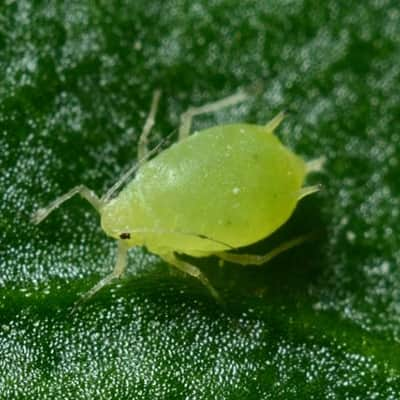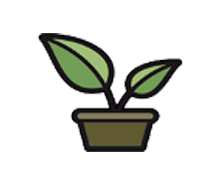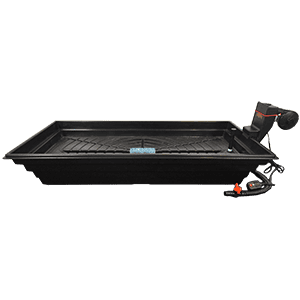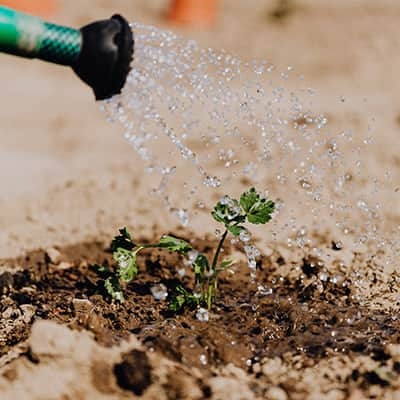How to Control Garden Pests

Pests are a natural part of gardening. While learning how to grow healthy plants, it’s important to master the basics of garden pest control as well.
There are many helpful insects that enrich your soil and help plants grow, but there are just as many harmful pests. You will never eliminate the bad bugs, but you can take steps to create a garden that naturally discourages them from taking up residence amongst your plants.
The following tips will help you learn how to control garden pests and save your plants from damage, disease, and even premature death.
Don’t Neglect Nutrients or Housekeeping
The better you get at feeding and watering your plants, the more you will equip those plants to resist attack from pests. You can add food-grade diatomaceous earth, horticultural oils, castile soap, and other products to the soil or to the water when hydrating the plants. These plant-friendly products are great for deterring or killing unwanted pests.
The same goes for the time you spend designing, organizing, and cleaning your garden. Make sure each plant has adequate space to spread its roots without overcrowding, and then eliminate fallen leaves and branches plus other debris that may end up between plants.
The more clutter and debris you have in the garden, the more food, moisture, and nesting places you’re offering pests. In addition to pests that are attracted to your plants, a messy garden brings in pests interested in burrowing or feeding in safe spaces.
Do Your Research
With well-nourished plants growing in a well-maintained garden, you’re ready to learn how to control vegetable garden pests in more depth. You can use the internet for free or invest in a book or two that provides detailed information about common pests attracted to the plants in your garden. That may take some time if you already have a large garden, but with time, you will only need to research pests attracted to newly planted vegetables and flowers.
You want to research the following:
- Most common pests attracted to each of your plants.
- Where those pests nest and feed.
- Signs of infestation of those pests.
- Prevention methods to keep pests away.
- Best ways to eliminate or control those pests.
Use that information to monitor your garden, catching signs of infestation as early as possible. When you see signs of pests, take immediate action to correct the problem before it impacts the health of your plants. You can pick some small pests off your plants or knock them off with a powerful spray from the hose.
Since you researched the best ways to eliminate or control these pests, you should have a good idea of what you need to do next. You may also need to re-evaluate the preventative measures you have in place for those pests.
Add Plants Known to Repel Pests
Finally, slip some of these known pest-repellants into your garden. This is one of the easiest approaches to garden pest control.
- Basil
- Dill
- Fennel
- Lavender
- Lemongrass
- Marigolds
- Petunias
Use Chemicals as a Last Resort
There are many chemical-based pest control products on the market. They aren’t all healthy for your soil or plants, but they will help eliminate pests quickly if natural treatments aren’t working, and you need to save your plants.












